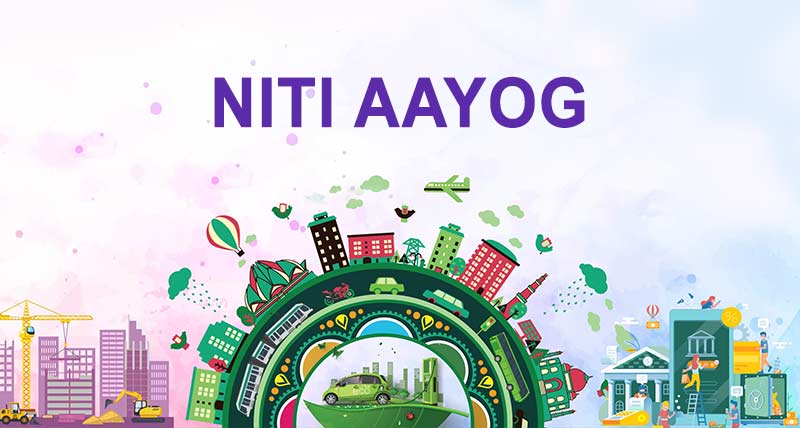- India
- May 26
PM Modi chairs 10th Governing Council Meeting of NITI Aayog
• Prime Minister Narendra Modi chaired the 10th Governing Council Meeting of NITI Aayog in New Delhi on May 24. It was attended by Chief Ministers and Lt. Governors representing 24 States and seven Union Territories.
• The states which did not attend the meeting were Karnataka, Kerala, West Bengal, Bihar and Puducherry.
• This year’s theme was ‘Viksit Rajya for Viksit Bharat@2047’.
Highlights of the meeting:
• Addressing the 10th Governing Council meeting of NITI Aayog, PM Modi said India has signed trade agreements with the United Kingdom, UAE and Australia, and states should utilise the opportunity to the optimum.
• He said that global investors are hugely interested in India and the states should utilise this opportunity to attract investments by removing policy bottlenecks, as he stressed that if the Union government and states work together like Team India, no goal is impossible.
• Chief Ministers and Lt. Governors gave various suggestions for the vision of ‘Viksit Rajya for Viksit Bharat@2047’ and also discussed steps being taken in their states.
• Some of the key suggestions and best practices highlighted were in the fields of agriculture, education and skill development, entrepreneurship, drinking water, reducing compliances, governance, digitalisation, women empowerment, cybersecurity, etc.
What is NITI Aayog?
• National Institution for Transforming India, better known as NITI Aayog, was formed via a resolution of the Union Cabinet on January 1, 2015.
• The government constituted NITI Aayog to replace the Planning Commission, which had been instituted in 1950.
• NITI Aayog acts as the quintessential platform of the government of India to bring the states to act together in national interest, and thereby fosters cooperative federalism.
• It is the premier policy think tank of the government of India, providing directional and policy inputs. Apart from designing long-term policies and programmes for the government of India, NITI Aayog also provides relevant strategic and technical advice to the Centre, states, and Union Territories.
• NITI Aayog is developing itself as a state-of-the-art resource centre with the necessary knowledge and skills that will enable it to act with speed, promote research and innovation, provide strategic policy vision for the government, and deal with contingent issues.
Team NITI Aayog
• The Prime Minister is the chairperson of NITI Aayog. The vice chairperson is appointed by the Prime Minister. Currently, there are four full-time members. Four Union ministers are nominated by the Prime Minister as Ex-officio members. Special Invitees are also nominated to NITI Aayog.
• Chief Executive Officer (CEO) is appointed by the Prime Minister for a fixed tenure, in the rank of secretary to the government of India.
NITI Aayog’s entire gamut of activities can be divided into four main heads:
i) Policy and Programme Framework
ii) Cooperative Federalism
iii) Monitoring and Evaluation
iv) Think Tank, and Knowledge and Innovation Hub.
• NITI Aayog plays an integrative role — with the active involvement of states, the civil society, and other think tanks — in development of a shared vision of national priorities and strategies in critical areas of human and economic development.
Governing Council of NITI Aayog
• The Governing Council of NITI Aayog, comprising Chief Ministers of all states and Union Territories with legislatures and Lt Governors of other Union Territories, came into effect on February 16, 2015.
• The Governing Council is chaired by the Prime Minister.
• It also includes ex-officio members and special invitees.
• It is the premier body tasked with evolving a shared vision of national priorities and strategies, with the active involvement of states, in shaping the development narrative.
• The Governing Council, which embodies the objectives of cooperative federalism, presents a platform to discuss inter-sectoral, inter-departmental and federal issues to accelerate the implementation of the national development agenda.
Manorama Yearbook app is now available on Google Play Store and iOS App Store


